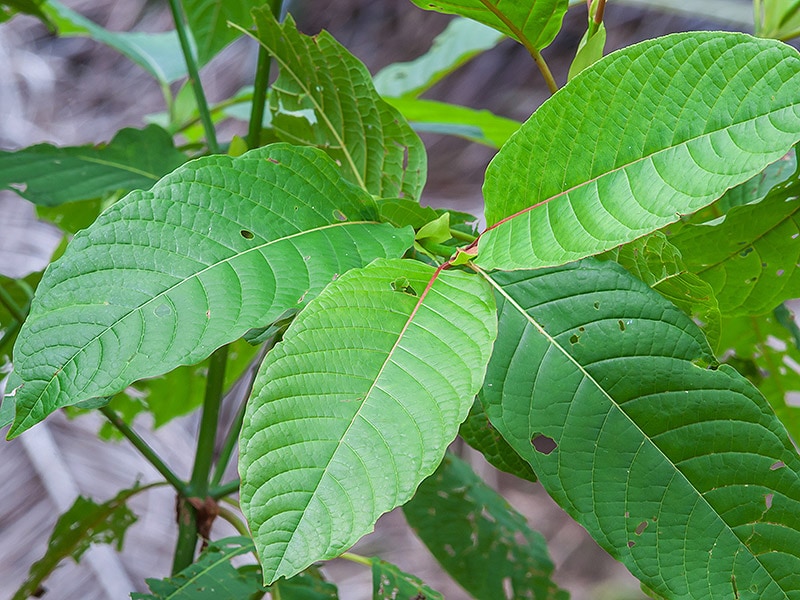45 Congressmen Ask DEA Not to Ban Kratom Next Week
A large and bipartisan contingent in Congress is asking the Obama administration to delay the sudden ban poised to take effect next week on possessing kratom, a Southeast Asian tree leaf product that supporters describe as a near-miraculous treatment for pain, depression and addiction to opiates and legal narcotics.
Reps. Mark Pocan, D-Wis., and Matt Salmon, R-Ariz., recruited 45 signers in the House of Representatives on Friday afternoon for two letters, which will be sent Monday to Chuck Rosenberg, acting administrator of the Drug Enforcement Administration, and Office of Management and Budget Director Shaun Donovan.
“This significant regulatory action was done without any opportunity for public comment from researchers, consumers and other stakeholders,” the lawmakers say in the letter to Rosenberg. “This hasty decision could have serious effects on consumer access and choice of an internationally recognized herbal supplement.”
Isn't that something. Hey, when over 100,000 people sign a petition Congress wakes up! They suggested the action was illegal in this article
Congress Members Call for Halt on DEA Kratom Ban
Kratom: Therapy or Threat?
A bipartisan group of members of the United States House of Representatives is calling on the Obama Administration to halt a federal plan to make the herbal supplement
kratom a schedule I substance on September 30.
In
late August, the Drug Enforcement Administration said it would place kratom's active ingredients ― the opioids mitragynine and 7-hydroxymitragynine ― on schedule I, alongside with marijuana, ecstasy, and heroin.
Kratom, derived from a tree (
Mitragyna speciosa korth) grown in Southeast Asia, has become increasingly popular as an opioid alternative both to treat pain and to ease opioid withdrawal. It is largely legal. The drug is currently on the DEA's "drugs of concern" list, but the agency
has maintained for years that kratom has a high potential for abuse, that it has no currently accepted medicinal use, and that there is a lack of evidence of safety when used under medical supervision.
The Centers for Disease Control and Prevention
reported in July that the number of calls to poison control centers related to kratom had increased tenfold, from 26 in 2010 to 263 in 2016. Forty-nine of the total cases were considered life-threatening.
Also in late July, the US Food and Drug Administration issued an
import alert, instructing its district offices to seize any products containing kratom. The agency said kratom is considered a dietary supplement that has not been proven to be safe and that it reportedly has dangerous side effects.
But the
Botanical Education Alliance, which spurred the congressional letter-writing campaign,
cites multiple examples of the safety and effectiveness of kratom.
The Botanical Education Alliance does not identify its mission, funding sources, or members on its website. A representative for the organization had not responded to a request for more information by press time.
The letters were sent to the acting director of the DEA and the director of the White House Office of Management and Budget (OMB) and were signed by 51 Democrats and Republicans. "The DEA's decision to place kratom as a Schedule I substance will put a halt on federally funded research and innovation surrounding the treatment of individuals suffering from opioid and other addictions — a significant public health threat," they wrote.
The National Institutes of Health has provided funding to the University of Massachusetts and the University of Mississippi to determine whether kratom could help with opioid withdrawal.
The congressmen said the DEA did not allow public comment after publishing the intent to make kratom a schedule I substance.
"This hasty decision could have serious effects on consumer access and choice of an internationally recognized herbal supplement," they wrote to the DEA.
In the letter to the OMB, the House members suggested that the DEA may have acted illegally.
The members of Congress asked for a delay in the scheduling of kratom until the public had a chance to comment and that "inconsistencies in the views of federal agencies of the product are addressed."














